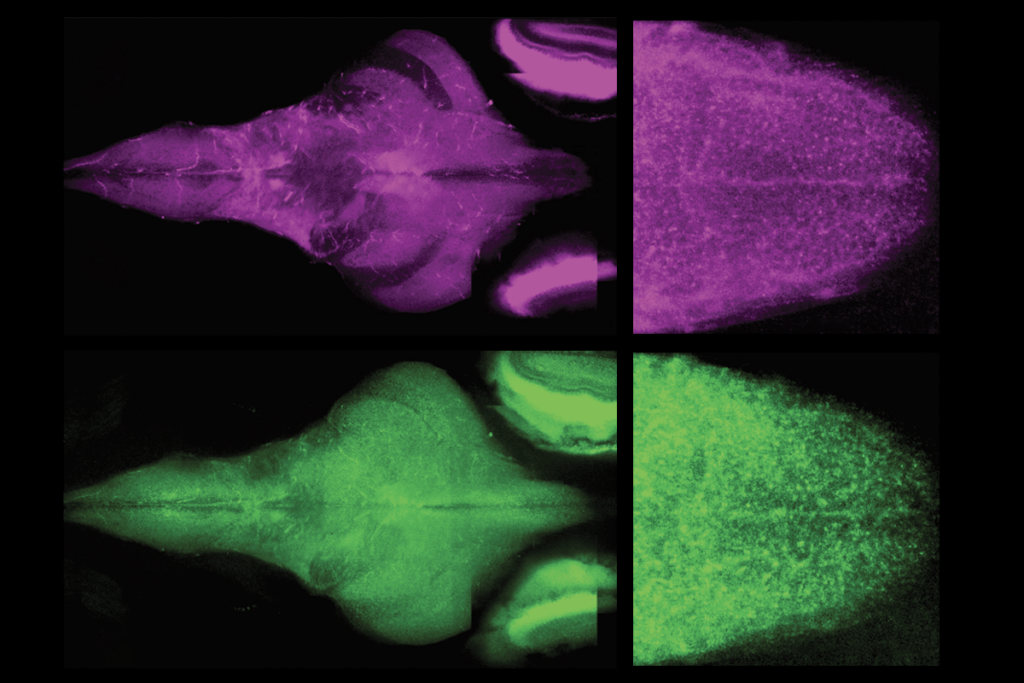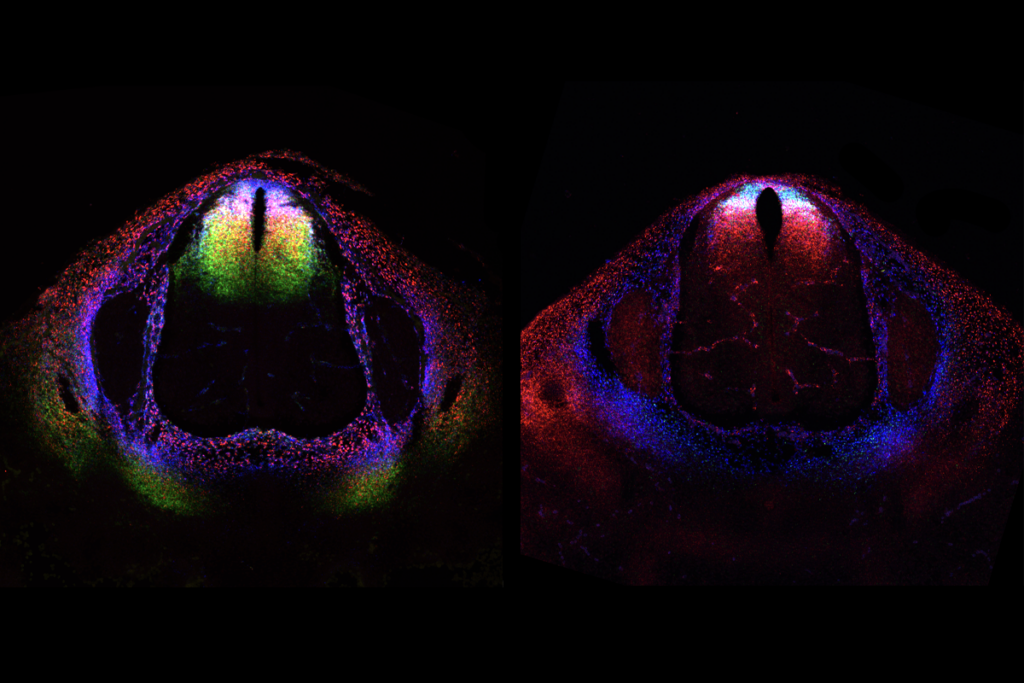Video: Mining genes from whole genomes
Rapid advances in DNA sequencing technology are enabling researchers to comb quickly — and ever more cheaply — through whole genomes. At the Society for Neuroscience annual meeting in San Diego, Evan Eichler talked to SFARI about what the rapid accumulation of genetic sequence information means for autism research.
Rapid advances in DNA sequencing technology are enabling researchers to comb quickly — and ever more cheaply — through whole genomes to learn about genetic variation involved in different traits and diseases.
In October 2010, Evan Eichler used data from the 1,000 Genomes Project and found roughly 1,000 genes — including some associated with brain development — that are prone to deletion or duplication.
At the Society for Neuroscience annual meeting in San Diego, Eichler, professor of genome sciences at the University of Washington, talked to SFARI about what the rapid accumulation of genetic sequence information means for autism research.
For more reports from the 2010 Society for Neuroscience annual meeting, please click here.
Recommended reading

Largest leucovorin-autism trial retracted

Pangenomic approaches to the genetics of autism, and more

Latest iteration of U.S. federal autism committee comes under fire
Explore more from The Transmitter

Neuro’s ark: Understanding fast foraging with star-nosed moles

NIH scraps policy that classified basic research in people as clinical trials
